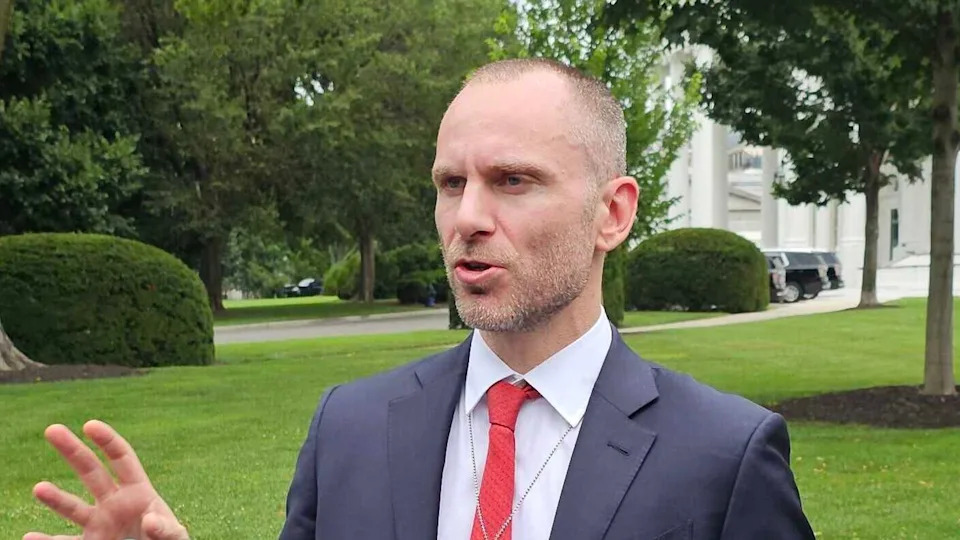
Tether CEO Says He'll Comply With GENIUS to Come to U.S., Circle Says It's Set Now
Key Points
- GENIUS Act Signed into Law: President Donald Trump signed the Guiding and Establishing National Innovation for U.S. Stablecoins (GENIUS) Act, integrating stablecoins into the U.S. financial system with strong bipartisan support from Congress.**
- Tether's Compliance and Expansion: Tether CEO Paulo Ardoino announced plans to comply with the GENIUS Act as a foreign issuer, involving a new auditing regime and adjustments to reserves, while also planning a U.S.-centric stablecoin for institutional users.**
- Circle's Alignment with Legislation: Circle CEO Jeremy Allaire stated that the GENIUS Act aligns with Circle's transparent and audited business model, welcoming the participation of major tech and financial firms in the evolving U.S. stablecoin landscape.**
- Coinbase's Broader Vision: Coinbase CEO Brian Armstrong hailed the law as the start of a financial revolution and emphasized the importance of upcoming crypto market structure legislation, supported by significant political lobbying efforts.**
- Trump Administration Support: The event highlighted strong ties between the crypto industry and the Trump administration, with direct presidential acknowledgment and promises of further legislative support for crypto innovation.**
Summary
President Donald Trump signed the GENIUS Act into law, marking a historic integration of stablecoins into the U.S. financial system with bipartisan Congressional backing. The signing event at the White House featured key industry leaders like Tether CEO Paulo Ardoino, Circle CEO Jeremy Allaire, and Coinbase CEO Brian Armstrong. Ardoino outlined Tether’s plans to comply with the new law as a foreign issuer, including audits and a new U.S.-focused stablecoin for institutional markets. Allaire emphasized that the legislation aligns with Circle’s transparent practices and noted growing interest from major tech and financial firms. Armstrong called the law a financial revolution, while advocating for further crypto market regulations, backed by Coinbase’s significant political contributions through the Fairshake PAC. The GENIUS Act mandates stablecoins be backed by highly liquid assets like U.S. Treasuries and undergo rigorous audits. Trump and his administration, including crypto adviser David Sacks, expressed strong support for modernizing the financial system with crypto technology, with the president touting the bill as a 21st-century upgrade. The event underscored a shift in the crypto industry’s relationship with U.S. regulators, highlighted by Tether’s past legal challenges and newfound presidential recognition. Industry leaders expressed optimism about future innovations and legislative efforts, with a focus on upcoming market structure reforms.
yahoo
July 19, 2025
Crypto


